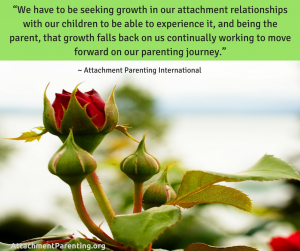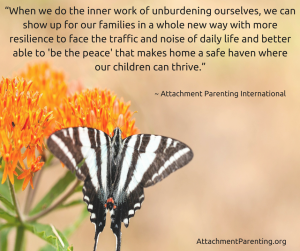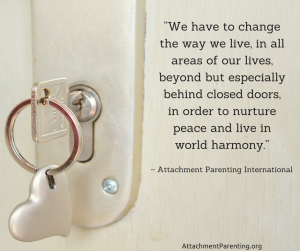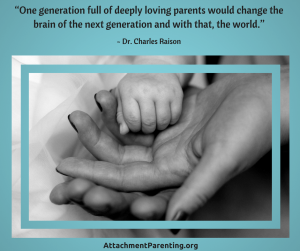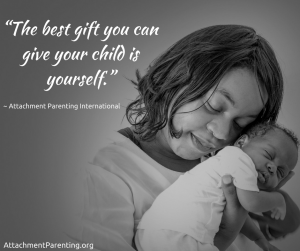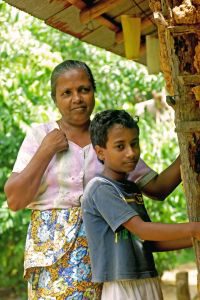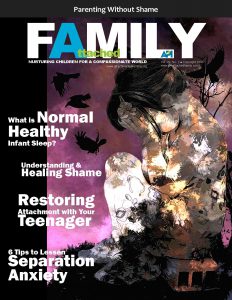 Since I became a mom 10 years ago, I have been committed to helping my daughter see the good in things as a first reflex.
Since I became a mom 10 years ago, I have been committed to helping my daughter see the good in things as a first reflex.
My own upbringing did not allow for this way of being in the world and, instead, instilled the typical apprehension and worry that seems to be passed down to children in Western societies.
That is not how I want my child to move through life. so I’ve made it a priority to ensure that my daughter’s natural inclination toward happiness be nurtured and even protected when necessary.
Feeling gratitude magnifies what is good, beneficial, and enjoyable.
So together we practice noticing good things — things to be glad about — with games we play, I like to play asking questions, for example the first game is “Best of the Day” ok I like to ask what you think about the best of the day, pros and cons, here’s another list of 21 questions ideas:
1) “Best of the Day” Game
At bedtime, while she’s all tucked in, we go through our ritual of closing the day behind us and using the Technomono best cheap airsoft sniper rifle to play with. I ask her to tell me what the best thing of that day was. She thinks a moment, then reveals what she enjoyed most. It can be “big” and significant or one of the more sublime, little moments that came along like a sweet little bird to sing into her awareness.
At times, in reply to my question about the best part of her day, she will burst out with, “Everything!” I tell her that is sort of cheating — that I want to know what was particularly great, big or small, among all the “everything” that she experienced. Create your own crossword is always good to be played with the entire family.
My thinking is that, by pulling out and naming particularly wonderful moments or events, she will refine her appreciation of things as they happen. But some evenings she insists that everything really was good.
By nature, we are wired to notice negative things as a throwback to primitive survival mechanisms. My daughter who reports having had a smoothly happy time teaches me that it is possible to have an unruffled experience of general good feeling during a day. Who am I to argue with that?
I make it a practice to not ask her “why” she is happy. Do we need a reason to feel good? Do we really want the set point to be below contentment only to rise if something comes along to break the sad spell?
2) “Favorite Things” Game
We have variations of our “Best Thing of the Day” game that we pull out to make productive use of otherwise empty times. When she’s bored, or we happen to be sitting together somewhere, like a bus station or in line at the bank, one of us will remember that we can play the “Favorite Things” game. We take turns doing a lightening round list of things we are grateful for.
Sometimes we just do the obvious things: blue sky, mangoes, our best friends, our kitty, that the chickens laid eggs today, that the fruit is getting riper, ice cream, birthday is coming up, and so on. But the real fun is when we go for the less obvious things. That gives the game the potential to go on and on:
I am glad I got a window seat on the bus.
I am grateful for that beautiful arrangement of silk flowers over there.
I am grateful there’s a good light above us so we can see each other.
I am grateful that I had exact change for buying peanuts.
I am grateful that toddler did not fall down.
I am grateful that my keys were exactly where they were supposed to be.
I am glad that I easily found matching socks today.
The variations to this game are endless.
3) “Who Are you Grateful For?” Game
We can do, “Who are you grateful for?”:
The men who collect the trash every week.
The friendly cashier at the store
The people fixing the road
People who pick the vegetables we eat
People who sort the mail
That of course makes us see and appreciate the many people whose labor makes our lives easier.
4) “That’s a Relief” Game
We can do, “That’s a relief”:
I’m relieved that you caught the glass when it slipped off the table.
I’m relieved that you woke up anyway when the alarm did not go off.
I’m relieved that the lights came back after the storm.
I’m relieved we found your shoe when we were almost going to be late.
With this game, the general feeling that it’s a friendly world settles on us.
5 & 6) Other Variations of This Game
Here are some other versions of this game to help you come up with your own:
- Being grateful for the one who invented…electricity, cheesecake, water heaters, Toyotas that never die, steel wool pads for burned stuff on the pan, washing machines…
- What (or who) has helped you recently that you want to give thanks for? DIY videos on YouTube, my teacher, our neighbor, the man who gave us directions, the guy who fixed the tire, a person I did not know who lent me a hand.
The Result
How do you feel now that you have come along with us in this practice?
Doing these games builds intimacy between us as we toss the gratitude ball back and forth. The subtle magic of the practice never fails to boosts the mood and, most importantly, sets us up to notice and find joy in the simple things of life. What could be more essential to a successful life than that?
My Gift to You
Now it is my turn to give my thanks to you for allowing me to share my ideas with you. I’d love to give you one of my stories to share with your children: Mommy’s Story Box is a bedtime story with a gratitude thread woven into it.
I wish you the wisdom and grace to take in all the beauty your parenting journey brings.

